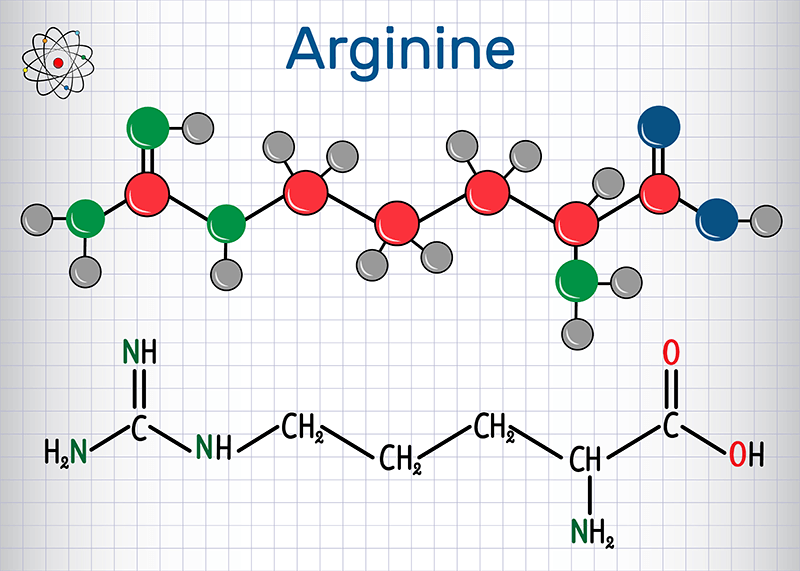- +033 2572 7171
- info@dhanvantary.com

4.5 Rating | 4500 Review

4.5 Rating | 4500 Review
Arginine, commonly referred to as L-arginine, is an amino acid that plays a crucial role in various bodily functions. As a non-essential amino acid, it possesses properties that are anti-ischemic, antiatherogenic, antiplatelet, and antithrombic, making it particularly beneficial in the management of cardiovascular diseases.

L-arginine is converted into nitric oxide, a compound that facilitates the dilation of blood vessels, thereby enhancing blood flow. Additionally, it serves as a growth stimulant and is effective in treating erectile dysfunction. Research indicates that L-arginine can enhance libido, endurance, and the quality of orgasms in both men and women.
Arginine is found in both different plant and animal sources which are given below:-
A deficiency in arginine can result in various skin issues, including rashes, and may also contribute to hair loss. Additionally, it is linked to poor wound healing in cases of burns and infections. In some instances, arginine deficiency may lead to fatty liver disease, which adversely affects liver function as well as the functioning of blood vessels.
Excessive intake of arginine can lead to side effects such as nausea, diarrhea, abdominal cramps, asthma, and allergic reactions. It may also result in low blood pressure, which can alter blood chemistry and glucose levels. The dietary ratio of lysine to arginine is significant, as it influences the frequency of herpes virus outbreaks. Therefore, healthcare professionals often recommend a higher lysine intake coupled with a lower arginine intake to mitigate symptoms associated with the herpes simplex virus.
Individuals with health conditions such as cancer, allergies, asthma, liver and kidney disorders, sickle cell disease, low blood pressure, or any bleeding disorders should refrain from taking arginine without consulting their healthcare provider.
